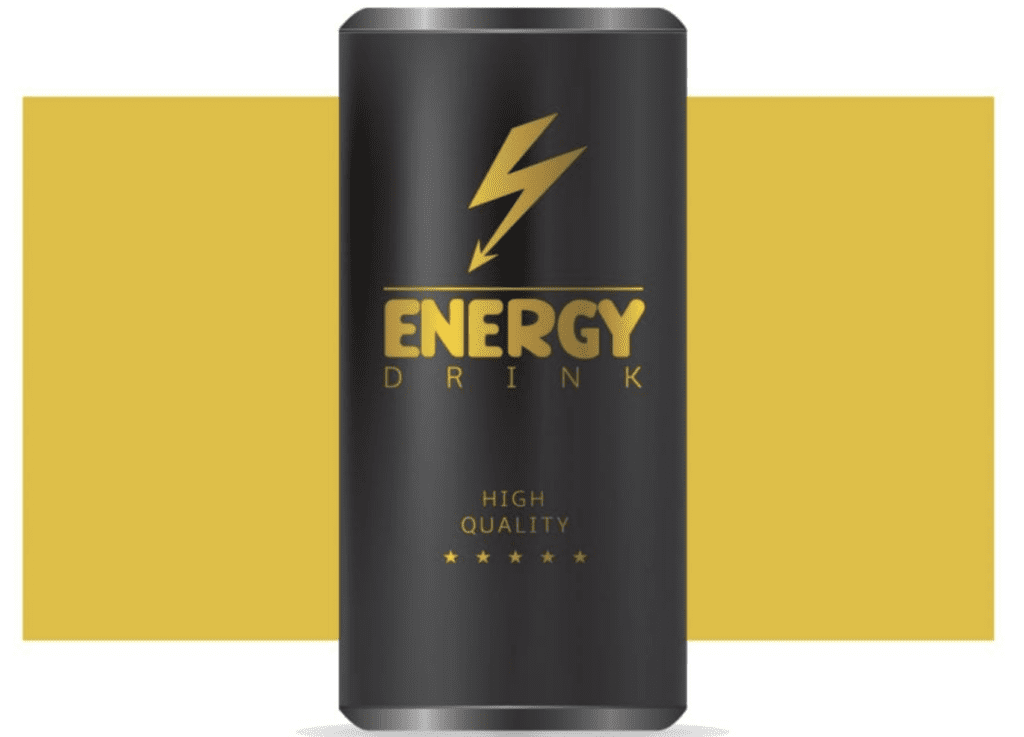Learn the Real Facts about Coffee
In the United States, more than 80% of adults consume caffeine each and every day – and yet, many are unaware of its effects on their brains and bodies. In truth, caffeine consumption has been associated with a host of both positive and negative effects. So it’s time to separate fact from fiction to understand how the world’s most consumed stimulant changes the way you function.
FICTION: It takes one hour for it to start working.
According to the American Academy of Sleep Medicine, it takes about 30 to 60 minutes for caffeine to reach its peak level in the bloodstream, but effects can be detected just 15 minutes after ingestion. Elayna Roberts, a registered dietitian and certified diabetes educator with Hamilton Comprehensive Diabetes and Metabolic Center, explains, “Caffeine is a stimulant that works in the central nervous system to increase mental alertness.” It keeps you alert by blocking a sleep-inducing chemical called adenosine, which slows nerve activity.
FICTION: It stays in your system for six hours.
On average, the half-life of caffeine, or the time it takes to eliminate one-half of the caffeine in your body, is about six hours. For instance, if you consume a cup of coffee containing 200 mg of caffeine at 9 a.m., by 3 p.m., approximately 100 mg of caffeine will remain in your system, and so on. Of course, the specific half-life of caffeine in a person can range, depending on variables like weight, gender, age, and race, among others. For smokers, caffeine’s half-life is half as long as that of non-smokers.

The average 8-ounce cup of coffee has anywhere from 100 to 200 mg of caffeine, while a typical energy drink has about 80 mg of caffeine per 8 ounces."
Women who take birth control pills have a caffeine half-life that’s about double the average.
In any case, it can take up to 12 hours for one cup of coffee to completely leave the body, meaning that beloved morning joe just might be causing your insomnia at night. In fact, many sleep experts recommend abstaining from caffeine at least eight hours before bed to avoid a poor night’s sleep.
FACT: You can develop a tolerance to it.
You know how caffeine blocks adenosine to keep you energized? The brain recognizes when this is happening and starts to produce more adenosine receptors to make up for it – your body needs rest, after all. But that’s why you may start to feel like you need an extra cup of coffee to reach the same level of alertness you once had. A tolerance can build up in as few as one to four days. “Your body gets used to the effects of the caffeine level you drink. Your morning coffee does not wake you up so much as treat the symptoms of acute caffeine withdrawal,” says Roberts.
If you stop consuming caffeine, the adenosine receptors no longer have competition, and therefore work overtime, often resulting in symptoms like tiredness, headaches, and depressed moods. Don’t worry though; these aren’t long-term side effects! Just a few days without caffeine will help your body correct itself, eliminate the added adenosine receptors, and lower your tolerance.
According to Dr. Jacqueline Gentry, a physician with CHI Memorial Primary Care Associates – Hamilton Place, “Genetics and the way your body metabolizes caffeine also play a role in how much caffeine affects you and how quickly you develop a tolerance, as does how often and how much you drink.“


FACT: Decaf coffee actually contains caffeine.
Although the name may be deceiving, decaf coffee is not entirely caffeine free. A report published by the Journal of Analytical Toxicology looked at nine different types of decaffeinated coffee and determined that all but one contained caffeine. In fact, the average cup of decaf coffee contains anywhere from 3 to 18 mg of caffeine.
The amount of caffeine in decaf depends on the type of bean used and how long it is roasted. Of course, unless you’re highly sensitive to caffeine, you shouldn’t notice much of an effect.
For any form of coffee, the longer it’s roasted, the less caffeine it will contain. That’s why, though considered “weaker” because of the flavor, light roasts are actually more caffeinated than dark roasts.
FACT: It can improve your mood.
Research suggests that consuming one cup of coffee every four hours can increase alertness and enhance your mood throughout the day, which probably goes without saying if you’re a grouch without your coffee. Unfortunately, this sudden mood elevator can also lead to an increase in heart rate and blood pressure, as well as an increase in urination or diarrhea when consumed in large quantities.
Depending on the consumer, caffeine can also contribute to anxiety, since it stimulates the body’s central nervous system and releases its “fight-or-flight” hormones. “A high caffeine intake may worsen symptoms of anxiety and depression,” says Dr. Gentry. “If you have underlying anxiety, the stimulant of caffeine will increase feelings of nervousness. It can exacerbate depression because of its influence on sleeping patterns. I generally recommend limiting caffeine from all sources in those with depression, anxiety, and bipolar.”
But some good news – scientists from John Hopkins University have found a link suggesting caffeine has a positive effect on your long-term memories. Their research shows that caffeine has cognitive-enhancing effects for up to 24 hours after consumption.
FICTION: You can’t have it if you’re pregnant.
Because caffeine crosses the placenta, concerns have been raised about a potential relationship between caffeine exposure and spontaneous miscarriage. But experts agree that while you should limit your consumption of caffeine if you’re pregnant, a small amount is considered acceptable. Roberts explains, “The American College of Obstetricians and Gynecologists advises pregnant women to limit their caffeine intake to 200 mg or less per day.”
For those who wonder if they can get away with just a bit more, Dr. Gentry warns, “Observational studies suggest more than 300 mg a day of caffeine (about three 8-ounce cups of coffee) could lead to: loss of pregnancy, delayed fetal growth, and abnormal fetal heart rhythm.”
She notes the weeks leading up to pregnancy also count. “Research shows if both parents consume more than two caffeinated drinks a day in the weeks before they conceive, it can adversely affect the pregnancy.”
FACT: Energy drinks have less of it than coffee.
Coffee actually contains higher concentrations of caffeine and will elevate your heart rate faster than an energy drink. The average 8-ounce cup of coffee has anywhere from 100 to 200 mg of caffeine (keep in mind most specialty coffee shops serve their product in cups twice that size), while a typical energy drink has about 80 mg of caffeine per 8 ounces.
In terms of health benefits, though, coffee is the clear winner. Research suggests moderate coffee consumption (three to four 100 mg cups a day) is linked to a longer lifespan and reduced risk of health issues like Parkinson’s, type 2 diabetes, and cardiovascular disease. Conversely, a 2015 study conducted by the American Heart Association’s Scientific Sessions shows that drinking just one 16-ounce energy drink a day can increase blood pressure and stress hormones significantly.


Not to mention, an energy drink has additional ingredients – like added sugars – that are nowhere near the bottom of the food pyramid.
Caffeine, in moderation, is considered a safe ingredient. While other stimulants, such as nicotine, are considered addictive, you aren’t likely to become addicted to caffeine, although a day without it might leave you feeling cranky, fatigued, or less focused. Reap the benefits and avoid the unwanted side effects by staying within the daily recommended limit (400 mg for adults) and consuming your caffeine through healthier vessels like coffee and tea – not energy drinks.


Dr. Jacqueline Gentry
Physician, CHI Memorial Primary Care Associates - Hamilton Place


Elayna Roberts
Registered Dietitian and Certified Diabetes Educator, Hamilton Comprehensive Diabetes and Metabolic Center

